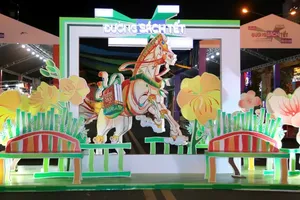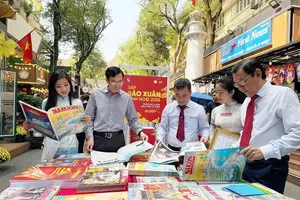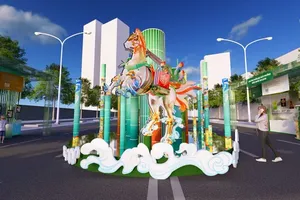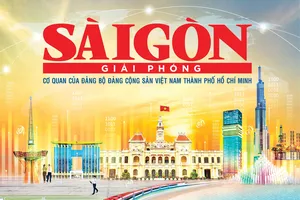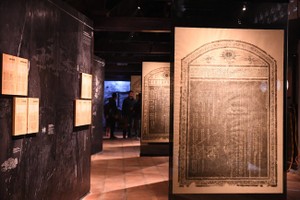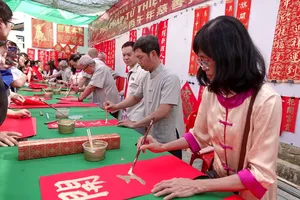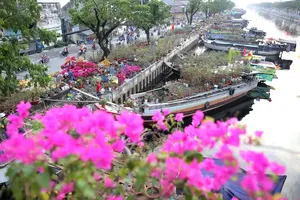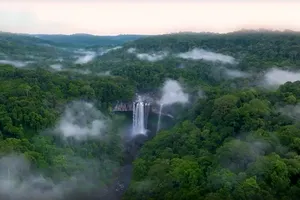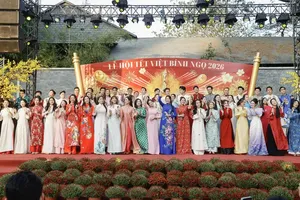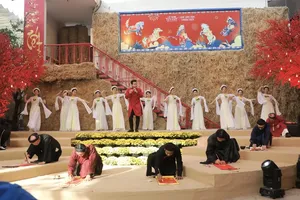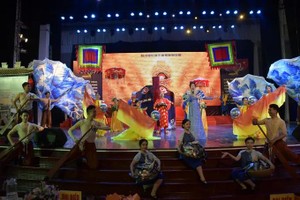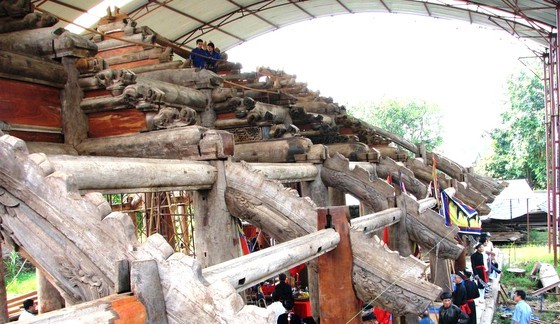
The program is considered a breakthrough in heritage training in Vietnam today, thanks to its interdisciplinary approach and application of modern tools, techniques and technologies.
Dr. Nguyen Kieu Oanh, Deputy Dean of the school stated that besides providing common training in conservation or curating, the program also helps learners resolve field issues and offers related knowledge such as legal policies on cultural heritage and mastering the tools and methods of heritage management and planning.
As a matter of fact, the current work force behind heritage conservation lacks proficiency and unification, said Chairman of Vietnam Cultural Heritage Association Prof. Dr. Luu Tran Tieu.
Recent violations like the unauthorized giant structures in Trang An heritage complex, or the ancient Cham towers being drilled for hanging are still fresh in people’s mind.
In reality, trained professionals are not recruited in field projects and most local officials do not have in-depth knowledge about conservation. As a result, infringements at historical sites are not prevented in time, and the damage cannot be undone with administrative sanctions or disciplinary measures.
Additionally, there is a clear lack of statistics on national monuments as well as projects to conserve and promote their values, said Le Thi Thu Hien, Director of the Agency for Cultural Heritage under the Ministry of Culture, Sports and Tourism.
Professor Tran Lam Bien repeatedly emphasized that only a well-trained manager can build a successful renovation team that is dedicated and talented.
“We have only been approaching cultural heritages from a historical perspective and as a means of education, trying to preserve its status quo and promote tourism. But with the start proper heritage studies and training, we can have it integrated into local people’s life and provide them with decent livelihood”, said Dr. Pham Cao Quy.
Commenting on the necessity of this sector, Dr. Pham Cao Quy from the Agency for Cultural Heritage also stressed that this field of study is an inevitable part of social development by approaching heritage in a more modern and balanced way. It is expected to contribute greatly to the labor market, contributing to solving the problem of preserving heritage at a deeper level.
